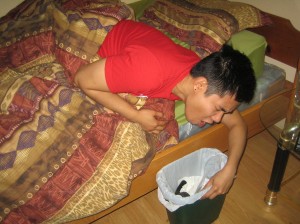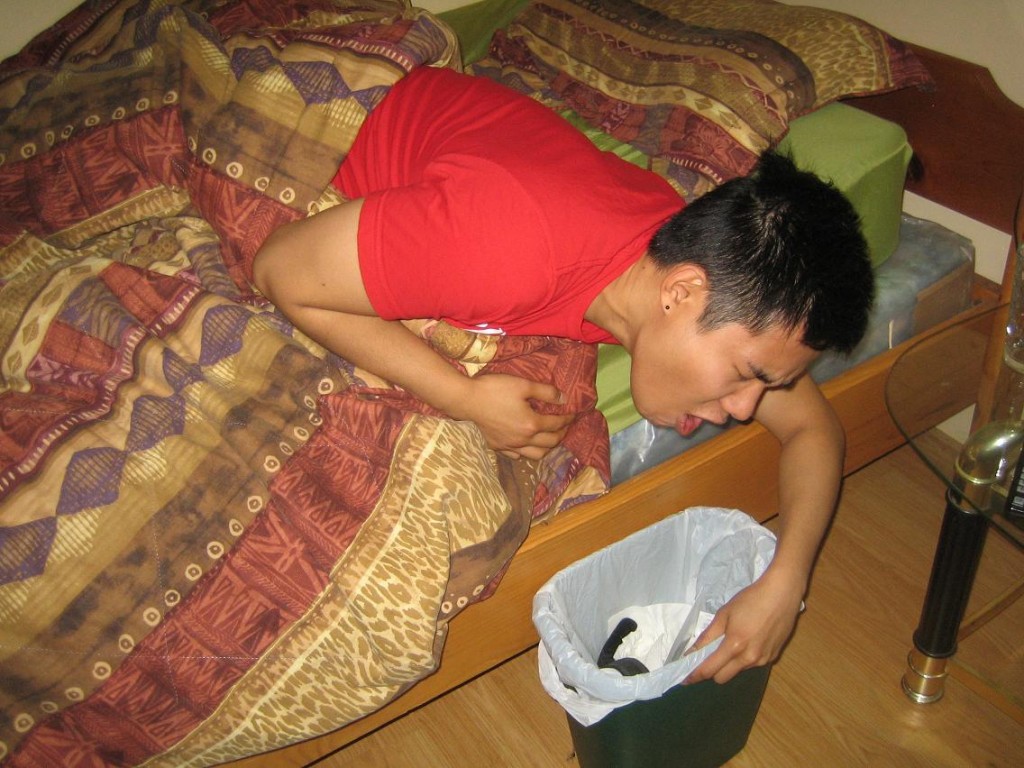Anorexia nervosa is a serious mental condition that is characterized by emaciation, having the intense desire of being thin, inclination to food restriction and the desire to lose weight. The person manifests the obsessed desire of keeping the body thin owing to a distorted body image concept. Anorexia nervosa affects women more than men, and the condition induces the person to experience a frustrating feeling against gaining weight resulting in the feeling of anxiety and agitation.

Signs and symptoms of anorexia nervosa
Persons having anorexia nervosa have a dreaded feeling of gaining weight and spend most of the time thinking about losing weight. They usually resort to various forms of weight loss methods including self induce vomiting, laxative abuse, diuretic abuse, insulin abuse and excessive exercise.
The following symptoms may be observed from an anorexic person:
- Missing meals, avoiding eating any fatty foods or eating very little
- Obsessively counting calories from the food that they eat
- Leaving the table immediately after eating (so that they can induce vomiting)
- Taking appetite suppressants, laxatives and diuretics
- Repeated weighing themselves or checking their body in the mirror
- Physical problems such as lightheadedness, dizziness, hair loss or dry skin
All these behaviors are made in an attempt to address their anxiety and fear of getting fat or to make their body thin. Persons with anorexia are usually associated with other psychological problems such as depression, anxiety, low self esteem, alcohol abuse and self harm.
Getting help
Persons with anorexia don’t often seek help and try to conceal the disorder to others. The first step in getting help is to make the person recognize the existence of anorexia. If you suspect someone has anorexia, be compassionate about the situation and make the person feel that you are not giving criticism or pressure about the condition. But it is important to point out that the condition can jeopardize health and can even lead to a more serious health condition.
Hypoglycemia is a common health complication of purge eating disorder, manifesting the symptoms of lack of coordination, tingling sensation, dizziness, rapid heart beat and seizure. A first aid response when this occurs is to help protect the person against injury during a seizure attack and to apply CPR when the person suddenly suffers from a cardiac arrest and/ or loss of consciousness with no breathing.
Reference
Help Guide. Anorexia Nervosa. Retrieved on June 18, 2014 from http://www.helpguide.org/mental/anorexia_signs_symptoms_causes_treatment.htm
